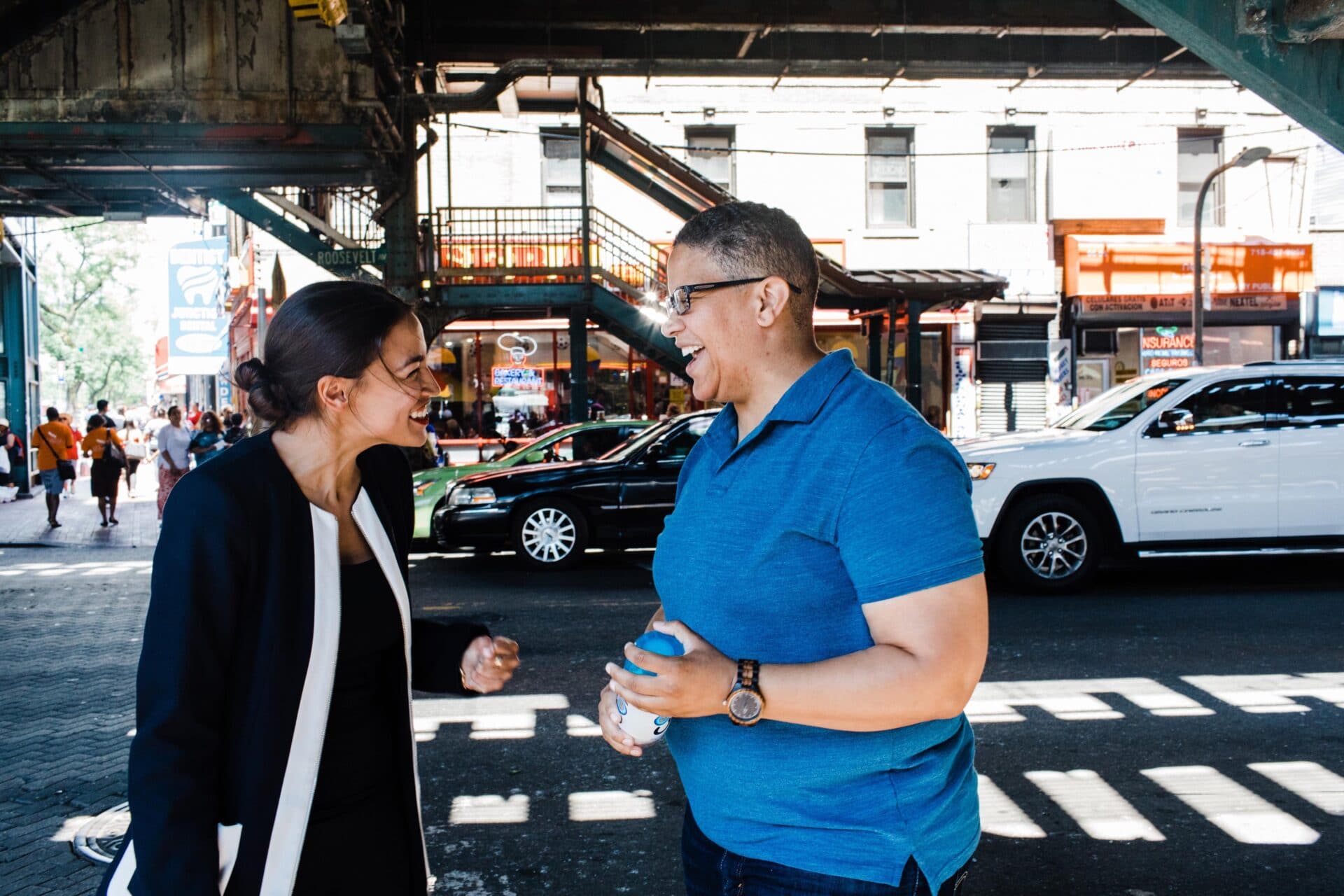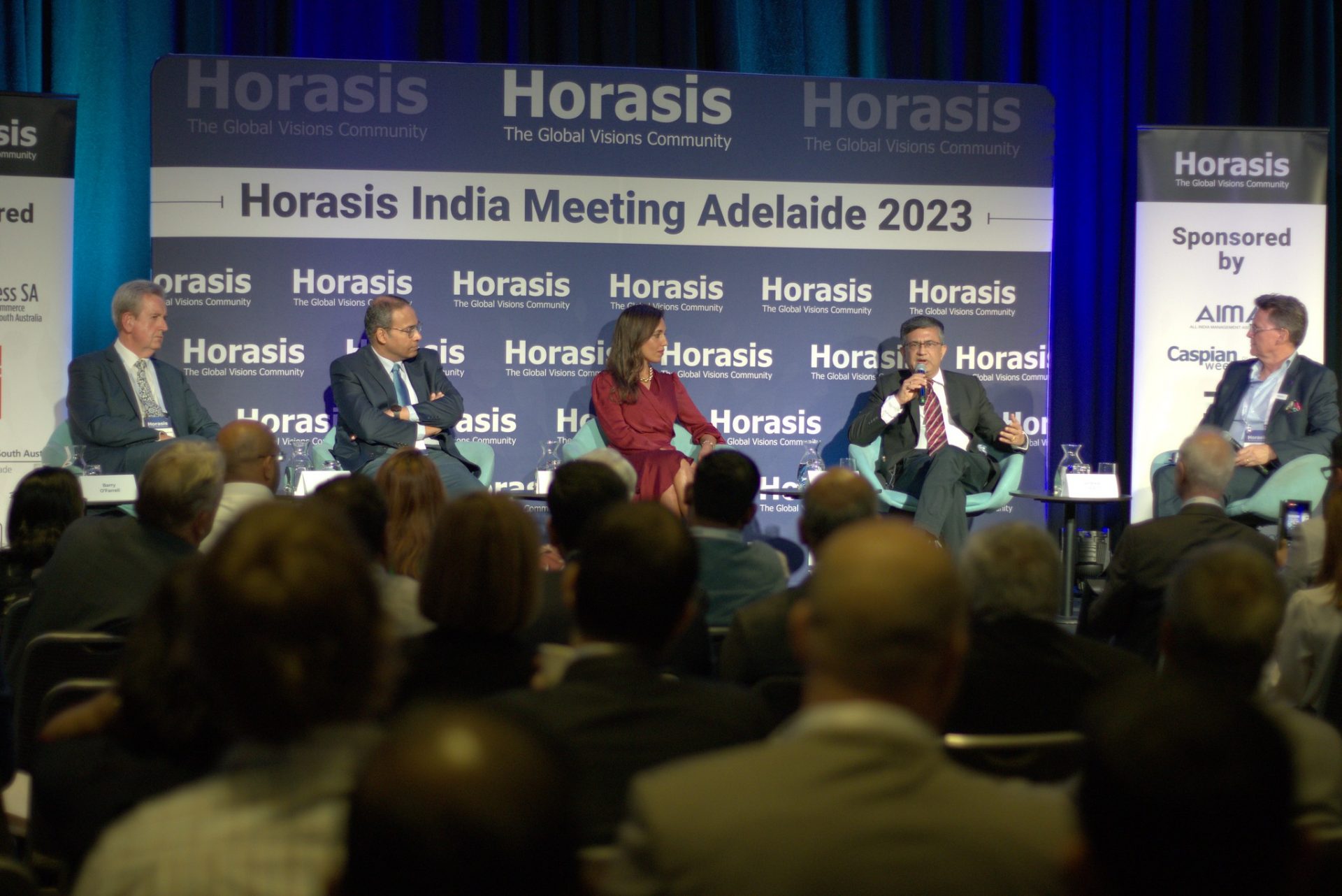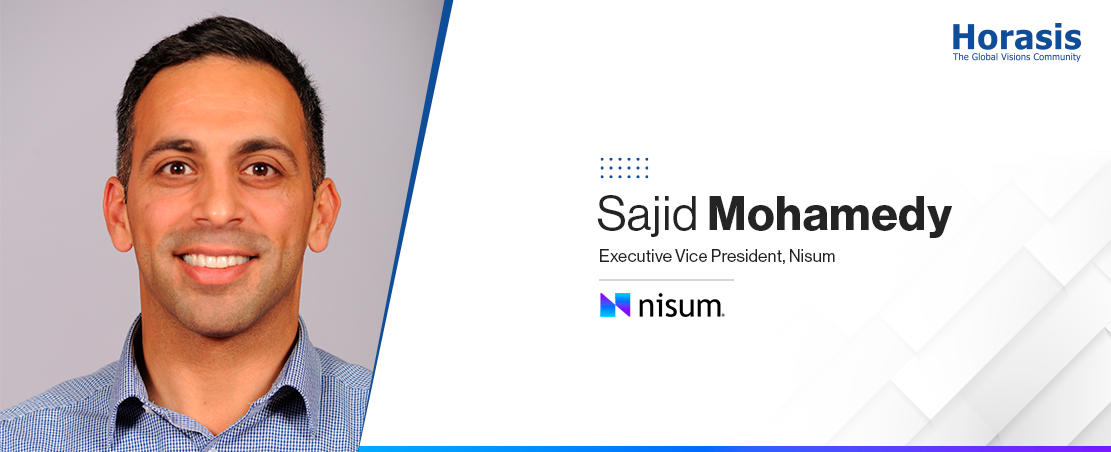Gender Inequality: Not only backward, but also costly
What are the larger implications of systemic exclusion and abuse of women? Where human talent and initiative are keys to economic growth, can any country afford to marginalize more than half of its population?
A 2018 World Bank study of 141 nations worldwide titled “The Cost of Gender Inequality” (World Bank 2018, n.p.) estimates that bringing women’s lifelong earnings up to male levels would increase global wealth by more than US$ 160 trillion. S&P calculations point to growth potential ranging from just under 9% to 17% percent in mature economies simply by providing equal pay and employment to women. The European Institute for Gender Equality (EIGE) shows Nordic countries scoring highest on gender parity, with Sweden at 83.8% parity in the 2020 Gender Equality Index. The EU average for 2020 was 67.9%.
The ranking shows a strong correlation with the OECD Better Life Index (OECD 2020, n.p.) of quality of life in different countries. But gender parity is also associated with innovative strength: a large proportion of the leading countries for gender parity also rank high in the 2020 Bloomberg Innovation Index (Bloomberg 2020, n.p.).
With more awareness than ever and the shining example of the Nordic countries leading the way, one could gain the impression that the global community is on the right track. Well … yes – and no. The fact that the EIGE’s best example of gender parity still disadvantages women on a scale of more than 16% and that the EU average level of inequality exceeds 30% is nothing to celebrate. And it is certainly no reason to become complacent in the struggle for true gender parity.
There are many dimensions of gender inequality. Overcoming these obviously outdated and counterproductive discriminatory attitudes and practices will require continued work on both laws and public awareness.
Policy considerations
In Iceland, a country known for above-average equality (some rankings place it at close to 90%), efforts to achieve gender parity begin – literally – in the cradle. Parental leave, even for the self-employed, encourages both mothers and fathers to care for children. It continues in school, where subjects and activities are gender-inclusive.
Last year’s verbal attack on US Congresswoman Alexandria Ocasio-Cortez on the steps of the Capitol and her subsequent statement to Congress put a spotlight on gender discrimination. It is interesting to look at how policymaking deals with such verbal attacks. Iceland’s laws include a fine or imprisonment for up to one year for “Anyone who defames another person by insults in word or deed and anyone who disseminates such defamation.”
The language Congressman Ted Yoho allegedly directed at Ms. Ocasio-Cortez could be grounds for legal action in the US as well. His alleged use of appallingly vulgar words to describe her as a woman is a sign of a larger societal problem. (Mr. Yoho denies having used the offending language.) As California-based employment attorney Lance M. Williams, Esq., explains, US law protects against verbal abuse of specific categories of people: “Gender is protected. If you are mean to someone because she is a woman, that is illegal. Similarly, using the N-word toward a Black person in the workplace is an obvious example of a verbal attack on the basis of race, which is illegal.”
The public verbal abuse of Ms. Ocasio-Cortez related to gender reflects a culture that regards women as human beings of lesser value. “In using that language in front of the press, he gave permission to use that language against his wife, his daughters, women in his community,” Ms. Ocasio-Cortez told Congress in her statement. “And I am here to stand up and say that is not acceptable.”
Corporate gender inequality
A case involving the idea-sharing social media platform Pinterest shows how deeply entrenched the problem is even in innovative young companies. Former Chief Operating Officer Francoise Bourgher published an article on August 12, 2020, (F. Bourgher 2020, n.p.) after launching litigation against Pinterest. She was fired under ambiguous circumstances in April 2020, but the lawsuit is based on allegedly unfair remuneration.
Employment attorney Williams welcomes her move to publicize her experience. “I think the first step is awareness. Even highly sophisticated, intelligent people often don’t believe that gender discrimination and sexual harassment are as rampant as they actually are,” says Mr. Williams. “Part of the reason is that 99% of cases settle out of court.”
Education and awareness
The laws governing gender parity and verbal abuse directed at women can accomplish only so much. Policymakers also need to focus on public awareness and education.
The social impact organization Think Equal, founded by former filmmaker and creator of the BBC documentary “India’s Daughter” Leslee Udwin, provides social and emotional learning in preschool around the world. It is one example of the role education can play.
“The abuse, be it verbal, psychological or physical, is in fact not the disease,” says Ms. Udwin. “The disease itself is the mindset that discriminates between one human being and another on the arbitrary basis of gender or other categories that we must tackle at the root.”
Fair treatment and equal opportunity are basic human rights, and policymakers have a responsibility to ensure that legal frameworks as well as educational and public awareness programs are in place to support gender parity. In doing so, governments can contribute to a solid foundation for sustainable economic development and quality of life for society as a whole.
Mike Durrie, Fellow and Director of Content, The Digital Economist, USA
Featured photo of Alexandria Ocasio-Cortez, Member of the U.S. House of Representatives, US



